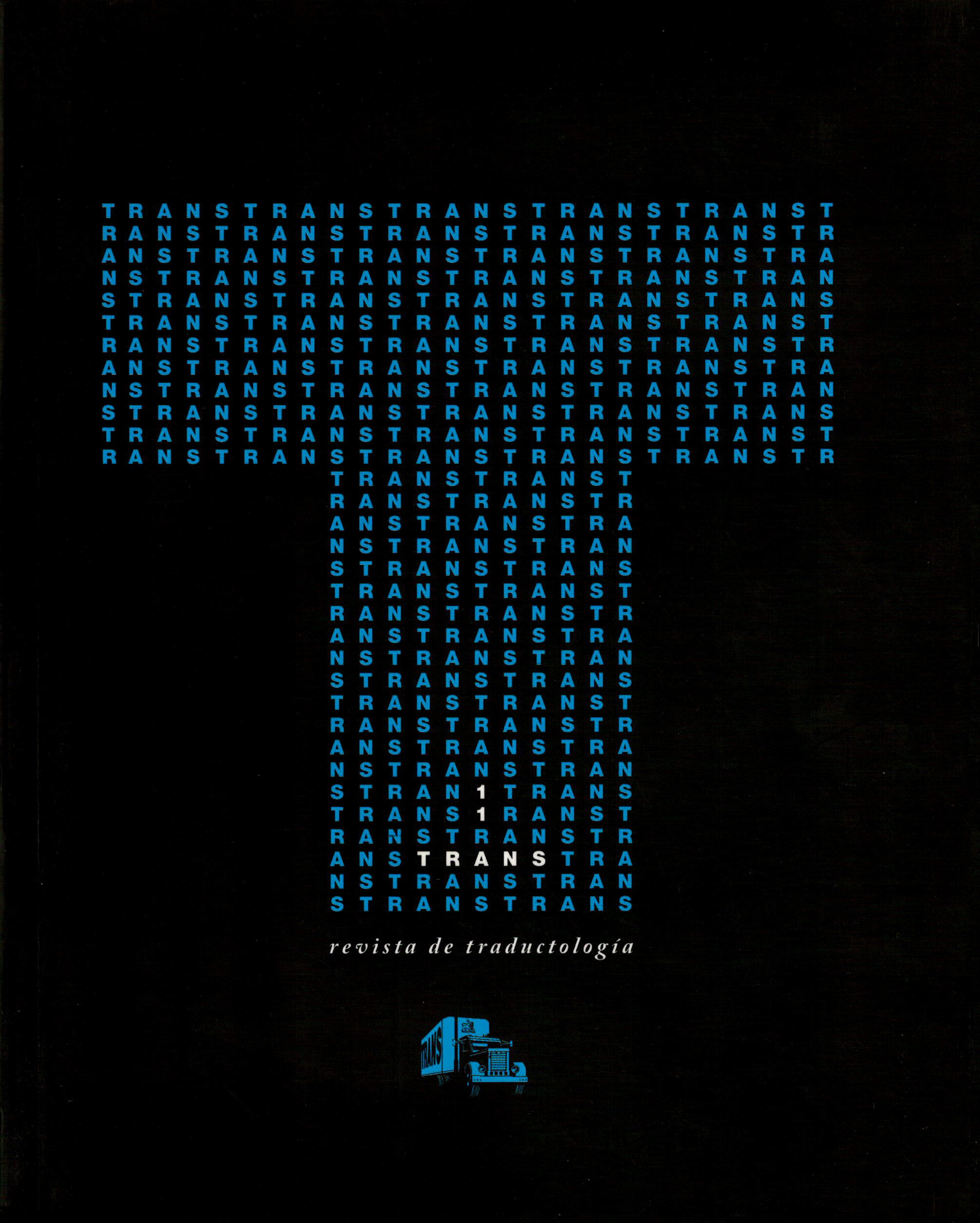Nuevos retos de la accesibilidad en los medios
DOI:
https://doi.org/10.24310/TRANS.2007.v0i11.3106Keywords:
discapacidad, medios de comunicación, nuevas tecnologías, proyecto ULISES, lengua de signos/señas, video games, televisión digital.Abstract
Los investigadores de la red cepacc hemos estado trabajando para una Televisión Digital integradora; pero en una sociedad cada vez más digitalizada surgen nuevas necesidades como videojuegos móviles o Internet. Son medios que proporcionan información o facilitan la socialización por lo que la posibilidad de uso debería ser una realidad, pero la preocupación por el cliente discapacitado no parece en general ser algo relevante desde la empresa. Pero sí existen ejemplos de preocupación por las personas con discapacidad, como la Federación Nacional de Ciegos en Estados Unidos (con «The reader» que permite a personas discapacitadas leer cualquier documento), el avatar de la BBC (que imita los gestos y palabra del emisor) o el del proyecto Ulises (que apoya al viajero con discapacidad), entre otros proyectos y retos. Por todo ello, consideramos preciso que en el diseño, a la hora de implantar nuevos modelos, servicios y herramientas para el usuario/consumidor, se tenga en consideración que existen diferentes tipos de necesidades
Downloads
Metrics
Publication Facts
Reviewer profiles N/A
Author statements
Indexed in
-
—
- Academic society
- N/A
- Publisher
- Universidad de Málaga
Downloads
Published
How to Cite
Issue
Section
License
All contents published in TRANS. Revista de Traductología are protected under the Creative Commons Attribution-NonCommercial-ShareAlike 4.0 International (CC BY-NC-SA 4.0) license. All about this license is available in the following link: <http://creativecommons.org/licenses/by-nc-sa/4.0>
Users can copy, use, redistribute, share and exhibit publicly as long as:
- The original source and authorship of the material are cited (Journal, Publisher and URL of the work).
- It is not used for comercial purposes.
- The existence of the license and its especifications are mentioned.
- ShareAlike — If you remix, transform, or build upon the material, you must distribute your contributions under the same license as the original.
There are two sets of authors’ rights: moral and property rights. Moral rights are perpetual prerogatives, unrenounceable, not-transferable, unalienable, imprescriptible and inembargable. According to authors’ rights legislation, TRANS. Revista de Traductología recognizes and respects authors moral rights, as well as the ownership of property rights, which will be transferred to University of Malaga in open access.
The property rights are referred to the benefits that are gained by the use or the dissemination of works. TRANS. Revista de Traductología is published in an open access form and it is exclusively licenced by any means for doing or authorising distribution, dissemination, reproduction, , adaptation, translation or arrangement of works.
Authors are responsable for obtaining the necessary permission to use copyrighted images.













21.png)
